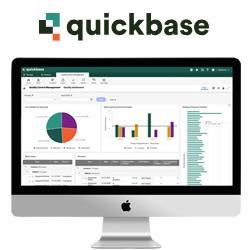Solar Energy Storage About To Take Off In Germany and California
Visitors to last week’s Intersolar North America conference in San Francisco could not help but notice the presence of a benign invader: energy storage vendors. Half the second-floor exhibition space at the Moscone West convention hall had been rented by energy storage companies.
According to Markus Elsaesser, CEO of Intersolar, the number of companies exhibiting energy storage technologies at Intersolar has increased from about a dozen just three years ago to more than 200 this year.
The surge in companies entering, or expanding into, the energy storage space is no accident. Bankruptcies, a panel supply glut, and falling feed-in tariff rates have shaken the PV industry. Panel and system manufacturers are looking for ways to grow earnings, and one likely new revenue source is energy storage. According to Elsaesser, the PV industry expects to boost revenue by $10 billion by 2017 globally with storage.
“The PV industry needs to look for future profit pools,” Markus Hoehner, founder of theInternational Battery and Energy Storage Alliance(IBESA), said at an Intersolar briefing. “When we look at the PV industry on the global level, most of it was feed-in tariff driven. It was about IRR [internal rate of return], making money out of the PV system. Now, due to the downturn in the feed-in tariff markets, and due to the much lower system cost, we’re talking about saving money.”
Homeowners in markets with high retail electricity rates, he said, are looking to shield themselves from rising energy costs with storage. Take the example of Germany. Matthias Vetter, a researcher with theFraunhofer Institute for Solar Energy Systems(ISE), who also spoke at the briefing, said that he pays 26 euro cents ($0.34) per kilowatt-hour (kWh) for grid electricity in Germany.
Comments (0)
This post does not have any comments. Be the first to leave a comment below.
Featured Product

